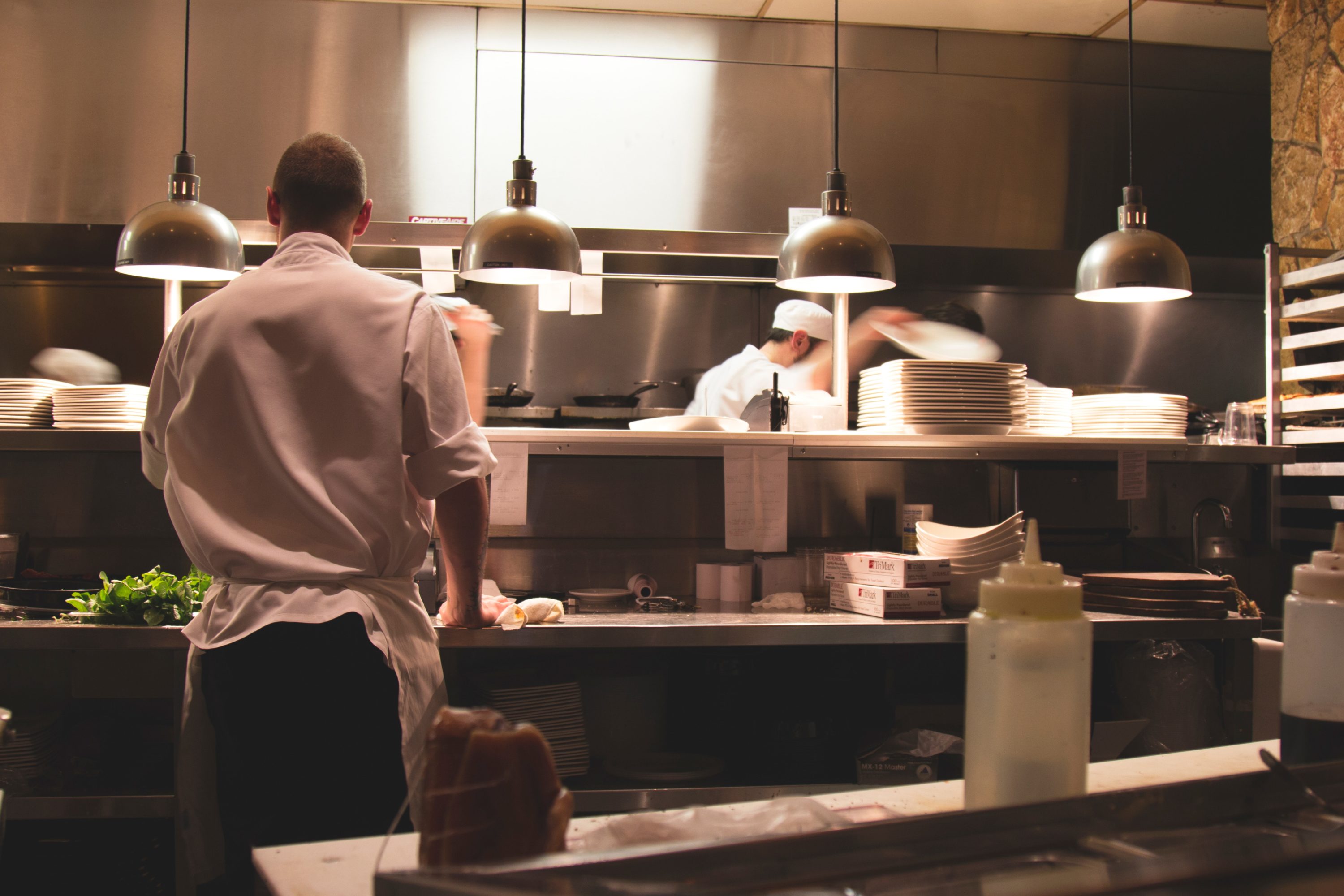Skift Table’s Top Restaurant Tech Startups to Watch 2018

Skift Take
Our inaugural list of top tech startups in 2018 contains best-of-breed examples from the kitchen to the host stand and beyond. Restaurant tech is a complicated and fast-growing landscape full of well-intentioned ideas, but success today and beyond lies in the execution of those ideas in a human-powered industry.


